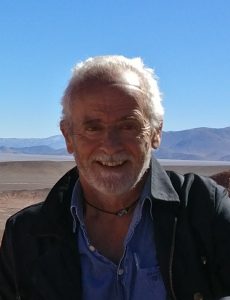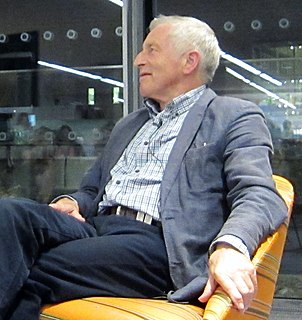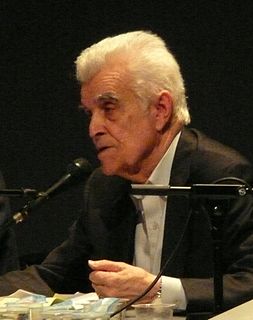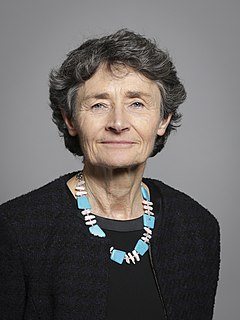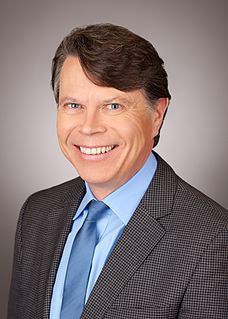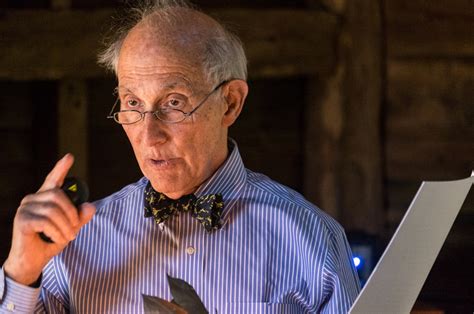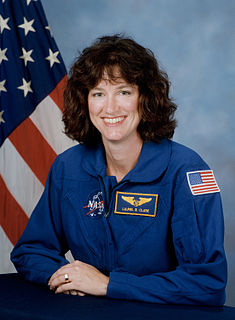A Quote by Valerie Jarrett
If left unchecked, global change will create violent conflict, torrential storms, shrinking coastlines, and irreversible catastrophe.
Related Quotes
It is important to realize that a large percentage of what we hear or see on the news focuses on those places where there is violent conflict...It gives us a slightly or very distorted view of what is going on because there are many other parts of the planet where there is no violent conflict, but that is not on the news.
So confident am I that the number of deaths from violent storms will continue to decline that I challenge Mr. McKibben - or Al Gore, Paul Krugman, or any other climate-change doomsayer - to put his wealth where his words are. I'll bet $10,000 that the average annual number of Americans killed by tornadoes, floods and hurricanes will fall over the next 20 years. Specifically, I'll bet that the average annual number of Americans killed by these violent weather events from 2011 through 2030 will be lower than it was from 1991 through 2010.
It is my hypothesis that the fundamental source of conflict in this new [post-Cold-War] world will not be primarily ideological or primarily economic. The great divisions among humankind and the dominating source of conflict will be cultural. Nation states will remain the most powerful actors in world affairs, but the principal conflicts of global politics will occur between nations and groups of different civilizations. The clash of civilizations will dominate global politics. The fault lines between civilizations will be the battle lines of the future.

